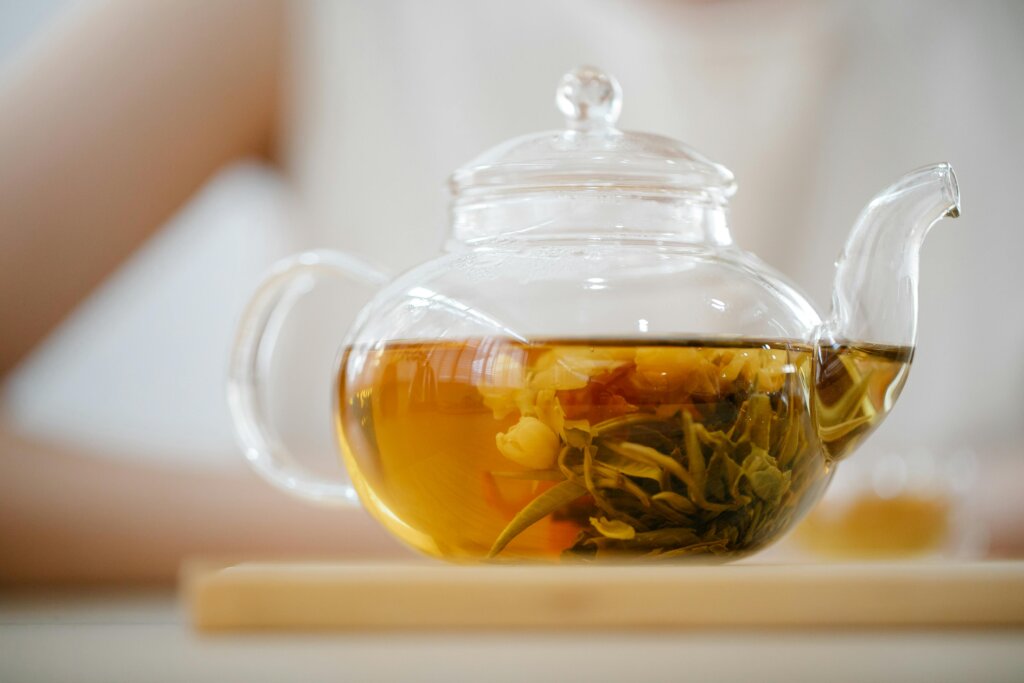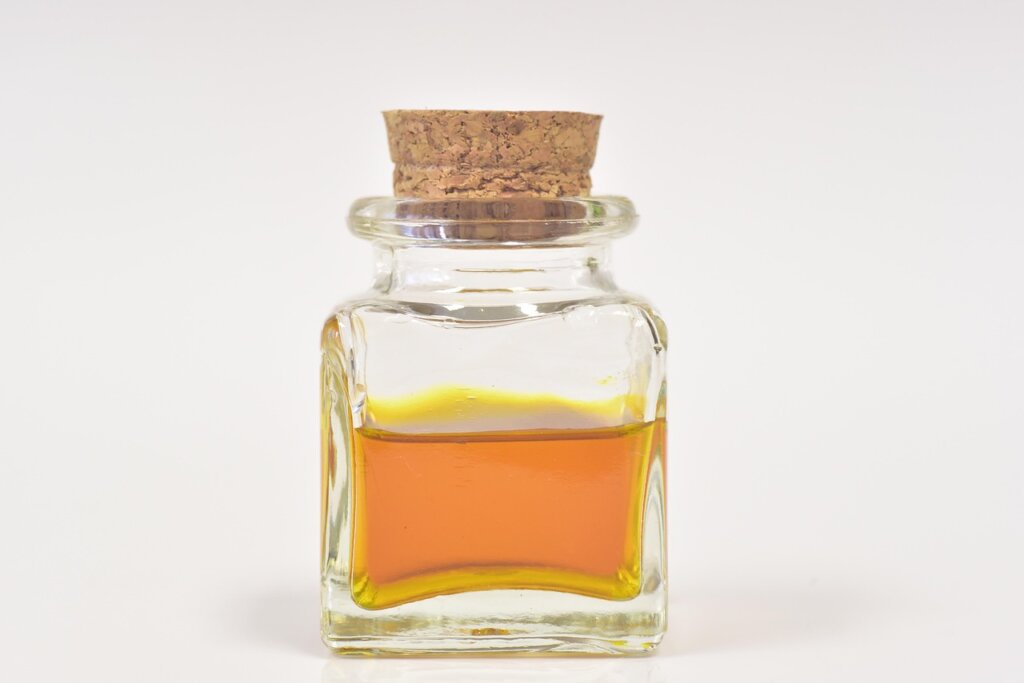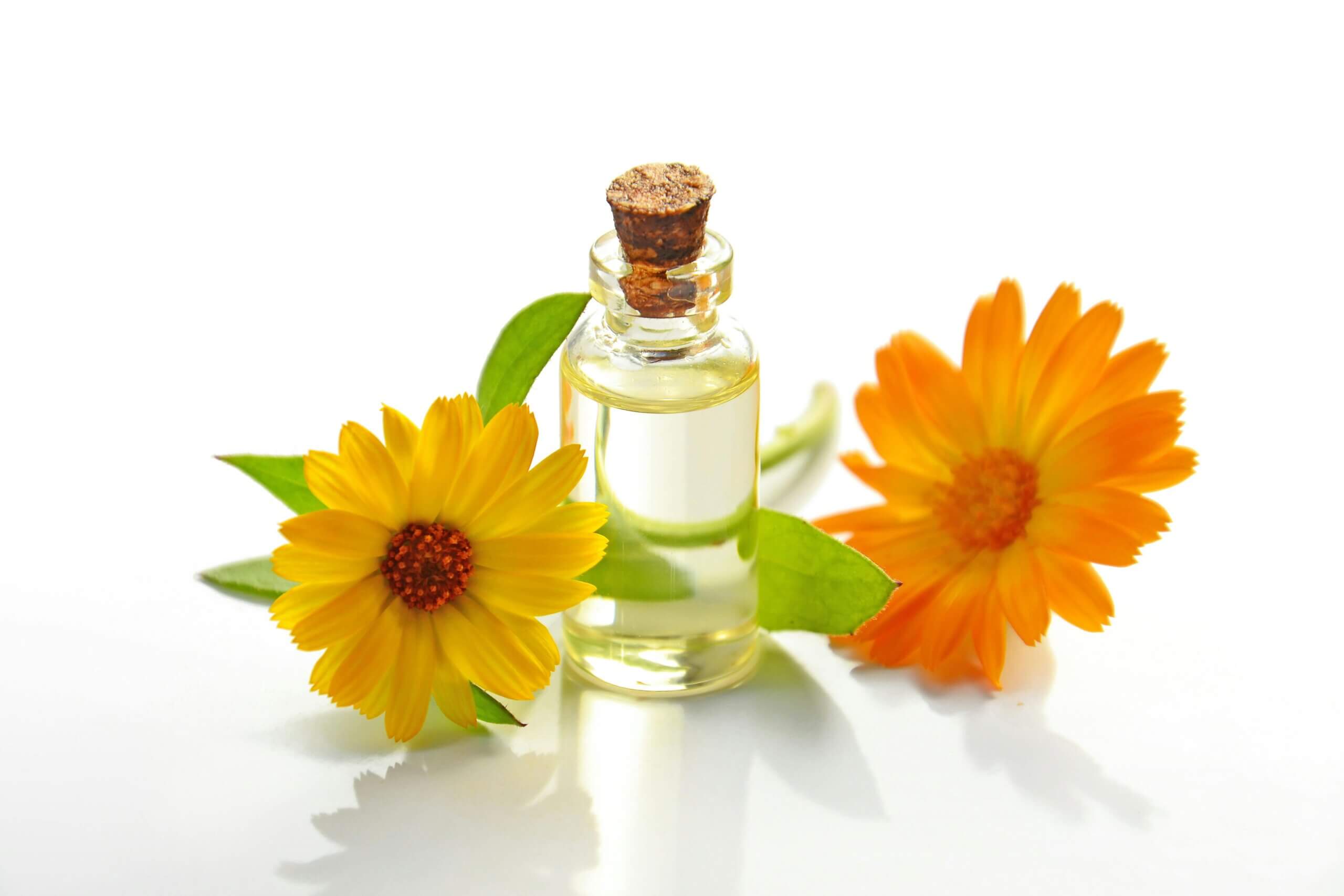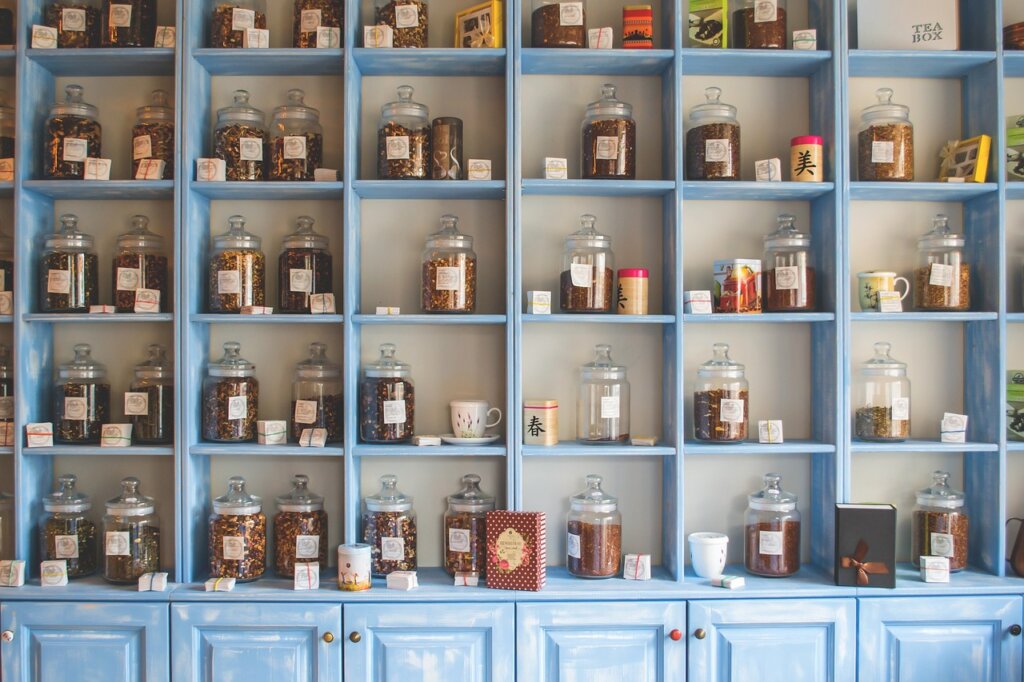Herbal remedies have been trusted for centuries, offering natural ways to support our health and well-being. However, if you’re new to the world of herbs, the herbal terminology can sometimes feel like a puzzle. What exactly is the difference between an infusion and a decoction? How do tinctures work, and when should you use them? This guide will break it all down, step by step, so you can feel confident as you dive into the magic of herbal remedies.
Infusions in Herbal Terminology
An infusion is like an herbal tea’s more concentrated cousin. It’s made by steeping herbs in hot water to draw out their nutrients and beneficial compounds. This method works beautifully for the softer parts of plants, like leaves, flowers, and tender stems, which release their goodness with ease.
To prepare an infusion, simply pour boiling water over your chosen herbs, cover the container to trap all the goodness, and let it steep for 10 to 20 minutes. Strain, and voilà—it’s ready to enjoy! For a stronger infusion, you can leave it to steep for several hours or even overnight.
Infusions are a great way to weave herbal wellness into your daily life. A cup of chamomile or peppermint infusion can soothe digestion or help you relax at the end of a long day. If you’re feeling adventurous, why not try a nettle leaf or oat straw infusion? Both are packed with nutrients and make a fantastic addition to your routine.

Decoctions as a Method for Stronger Herbal Preparations
If infusions are gentle, decoctions bring a bit more power to the process. They’re used to extract the benefits of tougher plant parts, like roots, barks, and seeds, which need extra coaxing to release their properties.
To make a decoction, simmer your chosen herbs in water over low heat for 20 to 40 minutes. This extended heat helps draw out the active compounds. Once the simmering is done, strain the liquid, and it’s ready to use.
Herbs like ginger, cinnamon bark, and licorice root are perfect candidates for decoctions. These stronger preparations are ideal for remedies that pack a punch, like soothing a sore throat or warming up on a chilly evening.
Tinctures and Their Meaning in Herbal Terminology
Tinctures are herbal powerhouses—concentrated extracts made by soaking herbs in alcohol or a similar solvent. The alcohol acts as both a preservative and a solvent, drawing out the active compounds and giving tinctures an impressively long shelf life. They’re incredibly potent, so just a few drops are all you need.
One of the reasons I love tinctures is their versatility. You can add a few drops to water, tea, or juice—perfect for busy days when you’re on the go. And if alcohol isn’t your thing, you can opt for glycerine or apple cider vinegar as alternatives.
Popular herbs for tinctures include echinacea, which is great for supporting immunity, valerian root for relaxation, and ashwagandha for stress management. Tinctures are a brilliant way to keep herbal wellness within easy reach.

Herbal Syrups as Sweet and Effective Remedies
Herbal syrups combine the benefits of infusions or decoctions with a touch of sweetness. They’re often used to address respiratory issues, soothe sore throats, or give your immune system a boost. Elderberry syrup, for example, is a classic go-to during cold and flu season.
Making a syrup is simple: create a strong decoction or infusion, then mix it with honey or sugar to form a thick, sweet liquid. The sugar not only sweetens the syrup but also acts as a preservative, extending its shelf life.
Syrups are especially handy for children or anyone who prefers a sweeter way to take their herbs. Plus, they’re delicious—an added bonus!
Using Herbal Oils and Salves for Skin and Muscle Care
Herbal oils are made by infusing herbs into carrier oils like olive or coconut oil. This process transfers the herb’s beneficial properties into the oil, which can then be used for massage, skincare, or as a base for making salves.
Salves take it a step further. By combining herbal oils with beeswax, you create a balm-like consistency perfect for topical use. These are brilliant for soothing dry skin, easing muscle tension, or treating minor cuts.
Calendula oil is one of my favourites for its gentle, skin-soothing properties. And if you’re looking for muscle relief, an arnica salve is a fantastic option.

How to Make Poultices and Compresses for Natural Healing
Sometimes, the simplest methods are the most effective. A poultice involves mashing fresh or dried herbs into a paste and applying it directly to the skin. It’s a traditional remedy for swelling, bruising, or minor wounds.
Compresses work in a similar way but use an herbal infusion or decoction instead. Soak a cloth in the liquid, wring it out, and place it on the affected area. Compresses are wonderful for soothing aches, inflammation, or irritated skin.
These methods offer a hands-on, natural approach to healing and are surprisingly easy to prepare.
Capsules and Tablets as Modern Herbal Solutions
For those who prefer a convenient, tasteless option, herbal capsules and tablets are a popular choice. These contain powdered herbs in pre-measured doses, making it easy to use them into your daily routine. While they lack the sensory experience of teas or tinctures, they’re a practical way to enjoy herbs on the go.
Herbs like turmeric, milk thistle, and ashwagandha are commonly available in capsule form, often targeting inflammation, liver support, or stress management.
Choosing the Best Herbal Preparation for Your Needs
The beauty of herbal preparations lies in their versatility. The best preparation depends on your goals and preferences. If you’re craving a soothing drink, infusions or decoctions are a lovely choice. For something more potent and portable, tinctures or capsules might be your best bet. And if you’re dealing with skin or muscle concerns, oils, salves, poultices, or compresses can work wonders.
Each method offers unique benefits, allowing you to tailor your herbal journey to suit your needs and lifestyle.
Tips for Getting Started
Start Simple: Pick one herb and experiment with different preparations. Chamomile tea or a lavender tincture can be a great starting point.
- Invest in Quality: High-quality, organic herbs ensure better results and safety.
- Follow Dosage Guidelines: Herbal remedies are powerful, so stick to the recommended amounts.
- Seek Advice: If you’re pregnant, nursing, or on medication, consult a healthcare provider or herbalist before diving in.
Final Thoughts
Herbs have a lot to offer, but understanding how to prepare and use them and herbal terminology is key to unlocking their full potential. From relaxing teas to powerful tinctures and soothing salves, there’s a world of possibilities to explore.
I am here to guide you on this journey with practical tips and insights. Explore The Nature’s Magic Hub for more inspiration and discover how herbs can enrich your health naturally. Let’s grow and learn together!
If you enjoyed this article, feel free to share it with your friends and family to spread the knowledge!
Don’t forget to follow us on social media for more tips, updates, and insights into natural remedies and holistic wellness.
Join our community and stay connected to discover the magic of nature for a healthier, happier life!

